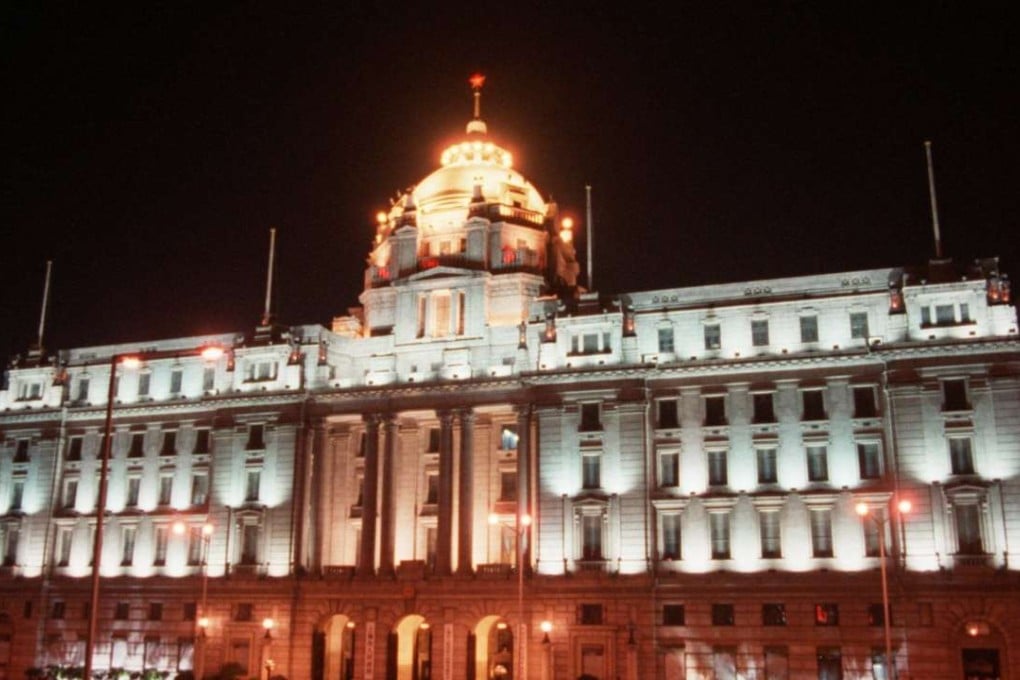Why the days of Western banks in Asia are clearly numbered
N. Balakrishnan says the rising might of Eastern rivals and their own eroded reputations indicate that Western lenders, often guilty of bad choices, may become just a historical footnote within a generation

Many people already know that Chinese banks are some of the largest in the world. But I was astonished to learn recently that some banks in India have a market capitalisation greater than the mighty Deutsche Bank. One is the HDFC Bank, founded in 1977. Deutsche Bank was founded in 1870. Kotak Mahindra Bank, only formed in 1995, is another booming Indian lender. Set up by a group of friends with US$40,000 sourced from their cotton-trading business, it now has a net worth of some US$7.6 billion.
Yet, these are not even among the four largest banks in India. The behemoth is the government-owned State Bank of India. But even this has assets that are only about a tenth of the largest bank in China, the Industrial and Commercial Bank.
Meanwhile, large banks based in the developed world, such as HSBC, are buying back their shares, basically saying they have run out of investment ideas.
What can explain the mysterious sell-off in global banking shares?
As they say, history surprises only those who do not follow current trends. For example, in the early 20th century, the US economy was already larger than that of Britain or France, but it took another 50 years for it to lead the world. However, the trends favouring the US were there for anyone with an objective eye to see.
Similarly, how long will it be before a Chinese bank takes over Standard Chartered or HSBC? Such an idea may sound far-fetched or even unpleasant to some but, if current trends continue, it is inevitable.
How long will it be before a Chinese bank takes over Standard Chartered or HSBC ... if current trends continue, it is inevitable
That will be a major milestone in the economic history of Hong Kong, similar to how the takeover of Hutchison Whampoa by Li Ka-shing in 1978 marked the ascendancy of local Chinese capital over the colonial companies of Hong Kong. Standard Chartered is already part-owned by Singapore sovereign wealth fund Temasek Holdings, which bought it from Singaporean banker Khoo Teck Puat, who bought into Standard Chartered in 1986. So this bank is no stranger to “Asian” ownership despite being headquartered in London.